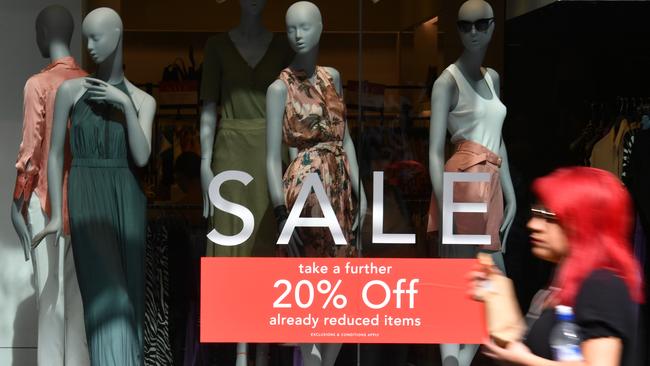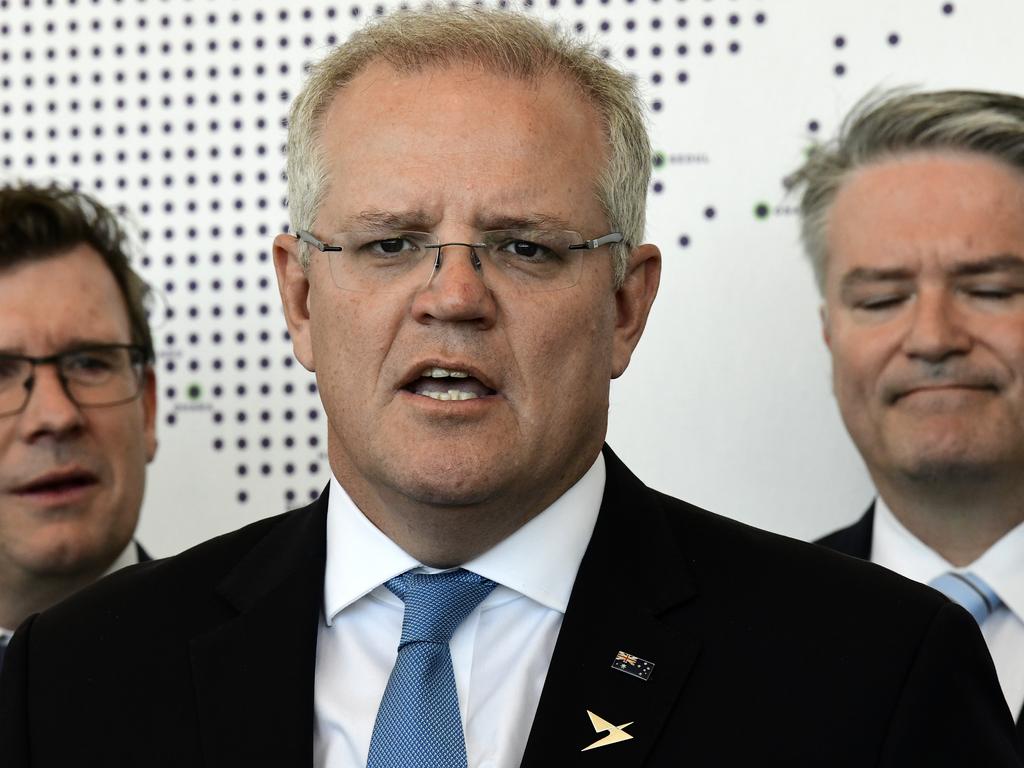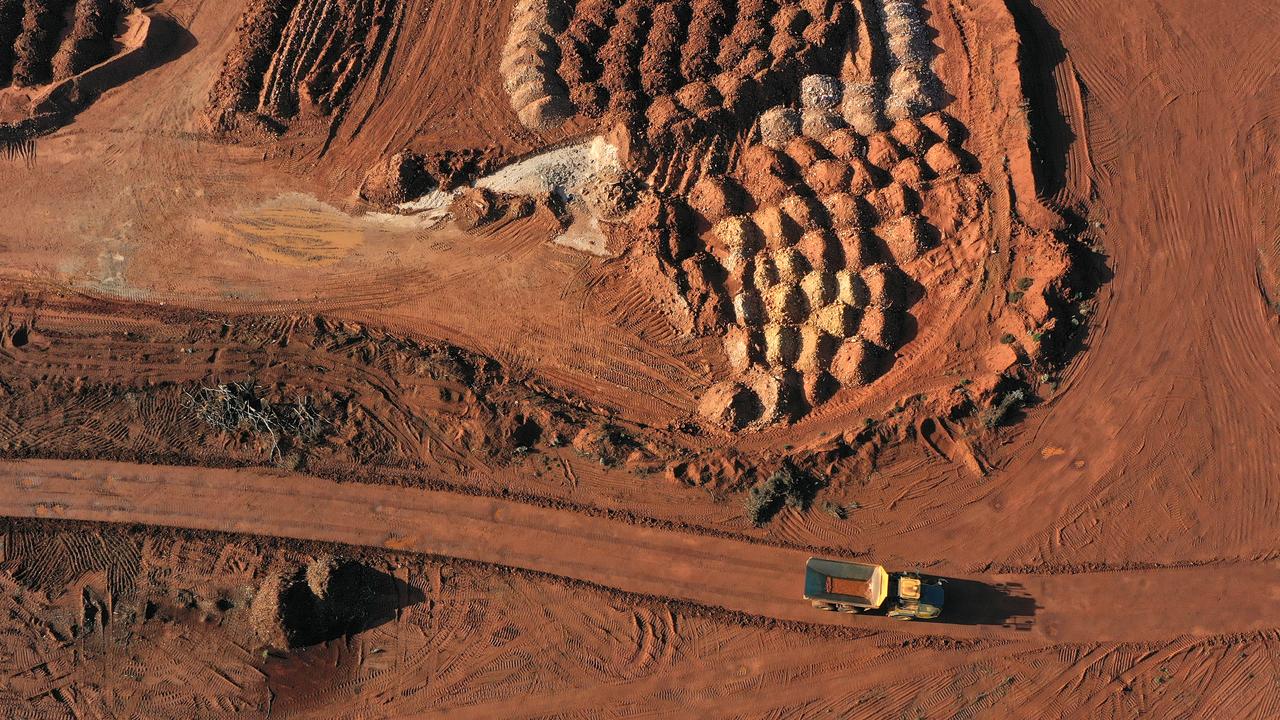Retail sales fall in July, despite interest rate, tax cuts
Retail spending remained restrained in July despite income tax reductions and an RBA rate cut.

Australian consumer spending remained restrained in July despite income tax reductions and an interest rate cut delivered during the month.
Retail sales fell by 0.1 per cent in July from a month earlier, the Australian Bureau of Statistics said. Economists had expected a 0.2 per cent rise.
It’s the weakest monthly retail sales figure since December 2018.
The Aussie dollar dollar ropped from US67.08 to US67.00 cents immediately after the release of the data, and by 12.45pm (AEST) was down to US66.95c.
The Reserve Bank of Australia delivered the second of its two interest rate cuts this year in July, while Treasurer Josh Frydenberg has rolled out income tax cuts targeted directly at boosting spending.
The strongest areas of retail spending in July were food and in cafes.
Western Australia and the Northern Territory were the only areas to increase retail spending in July, rising 0.6 per cent and 0.3 per cent respectively while South Australia and the ACT each copped a 0.5 per cent decline.
There is a possibility that Australia’s economy contracted in the second quarter, with data set to be released Wednesday.
A key brake on growth has been soft consumer spending with weak wages growth and high household debt at the heart of the matter.
BIS Oxford Economics chief economist Sarah Hunter said recent improvements in the Sydney and Melbourne housing markets were likely to boost the household goods retail sector as 2020 draws closer, though it appeared a broad-based pickup was stillsome time away.
“(That) won’t materialise until growth in household income accelerates,” Dr Hunter said.
“Given the construction sector downturn, which will weigh on employment, and the weakness in wages growth, we do not expect to see this in the near term.”
Westpac’s Matthew Hassan said the result implied little or no boost from the recent policy measures, though he tipped the extra $16 billion in disposable income to start flowing through in the coming months.
NAB’s Kaixin Owyong had flagged that a soft result could mean households largely saved the federal government’s tax refunds,using the money to repay debt.
Callam Pickering, APAC economist at jobs site Indeed, said the data confirmed what the RBA already knew about the economy.
“They know that wage growth and the retail sector is weak,” Mr Pickering said. “They know that conditions won’t improve materially until wage growth improves ... that’s why the cash rate will be cut to 0.5 per cent by early next year.”
Dow Jones Newswires, AAP





To join the conversation, please log in. Don't have an account? Register
Join the conversation, you are commenting as Logout